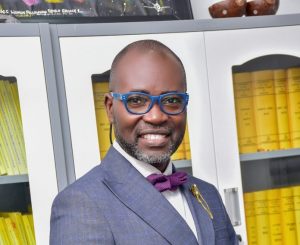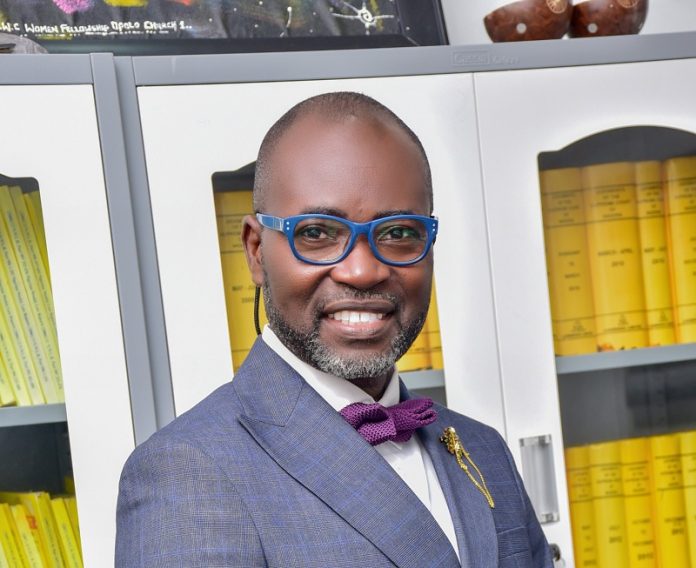An expert in global best practices for Protocol management, Julius Lambert Nyananyo, has canvassed professionalization of protocol practice in Nigeria.
He stated this in Yenagoa, Bayelsa State during an interview saying professionalism in the protocol field still lacks in the country.
Nyananyo, who is Deputy Director and Head, Protocol and Information with the Bayelsa State Judiciary noted that unlike other countries of the world, Nigeria was far from professionalising protocol management.

He hinted that while protocol management continued to develop in other climes, there was the need not to make the profession an all comer affairs in Nigeria and urged the federal and states governments to make enabling laws that would ensure professionalism in protocol management, just as he restated that successive administrations in the country have intended to professionalise protocol, but never made headway in their quest to ensure professionalism of protocol management.
Read Also: Linkage Assurance grows profit to N1.465b in first half of 2022
According to Nyananyo, who the World Protocol Magazine (WPM) said has had over 20 years of experience as a protocol professional, the order of precedence at events in Nigeria had been bastardised on several occasions.
He cited instances where some superior officers in the states and federal governments were acknowledged after the official acknowledgement of their supposed subordinates due to the absence of a law that regulates protocol practice in the country.
“The prospects and usefulness of Protocol management today cannot be over-emphasised. Nigeria as a developing country is expected to observe the rules in diplomatic engagements, investments promotion, events management and others. The concept of protocol profession has developed a vast literature among scholars, diplomats and individuals, who have contributed to the field of study.
“Professionalism is the conduct, aims or qualities that characterise or mark a profession or a professional person and defines ‘profession’ as a calling that requires specialised knowledge and often long intensive academic preparation.”
Meanwhile, Nyananyo cited Chapter 8, Section 57 (2) of the Ghanaian Constitution in which had professionalised protocol management, saying that part of the Ghanaian organic law covers the order of precedence and that in the United States of America, the State Chief of protocol goes through congressional clearance before his appointment by the President.
Further explaining the importance of protocol in governance, he said institutionalising protocol practice, as a cadre in the scheme of service of the Nigerian Public Service, will greatly enhance professionalism and career advancement.
“For instance, the Bayelsa State Judiciary has institutionalised protocol practice as a cadre in its scheme of service by enacting the Bayelsa State Judiciary Workers Law 2010.
“By the enactment of the act, young officers are recruited and trained to get to the top of their career as directors and protocol practitioners. This should also be replicated in Nigeria’s Public Service,” he added.





